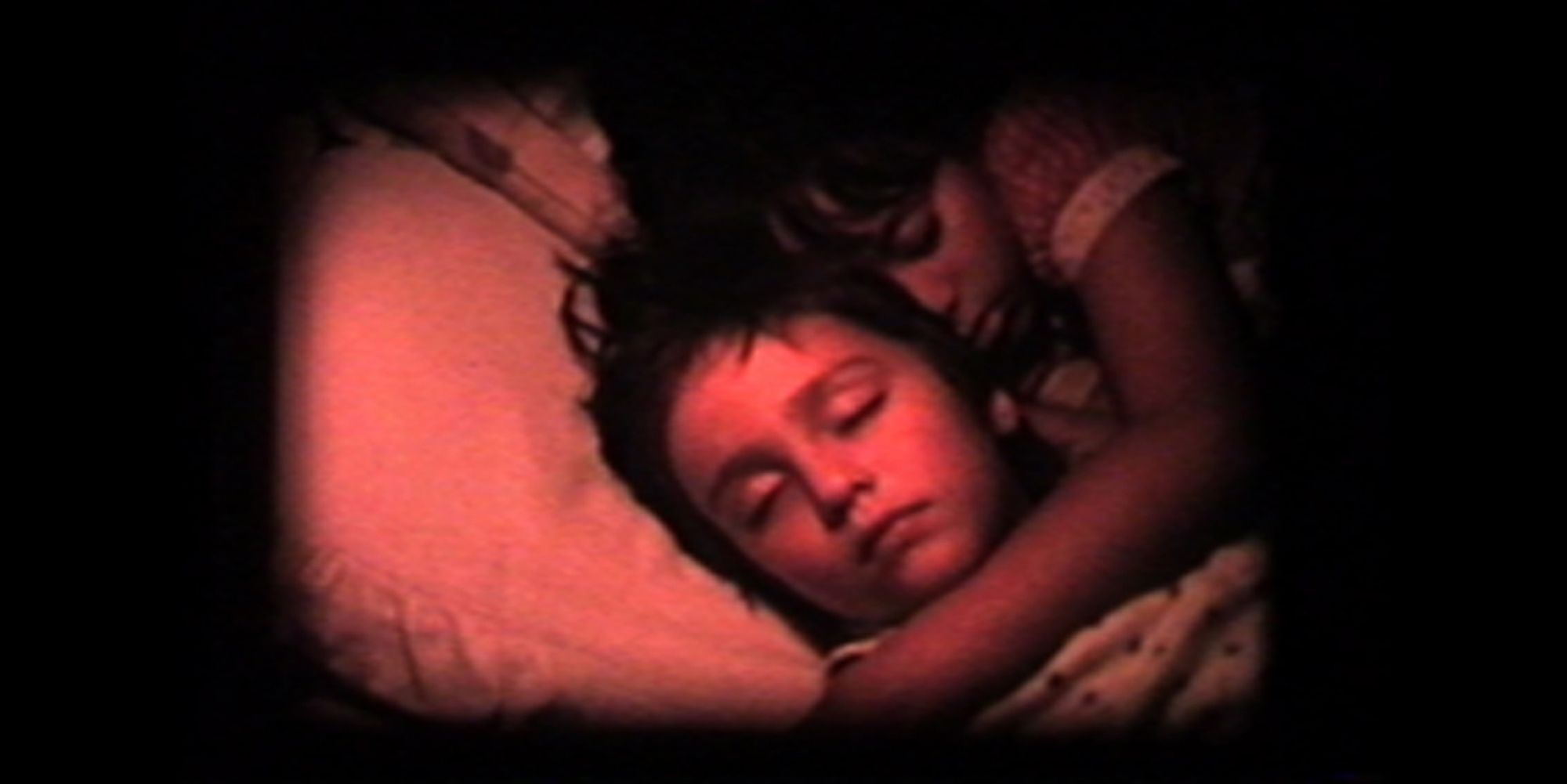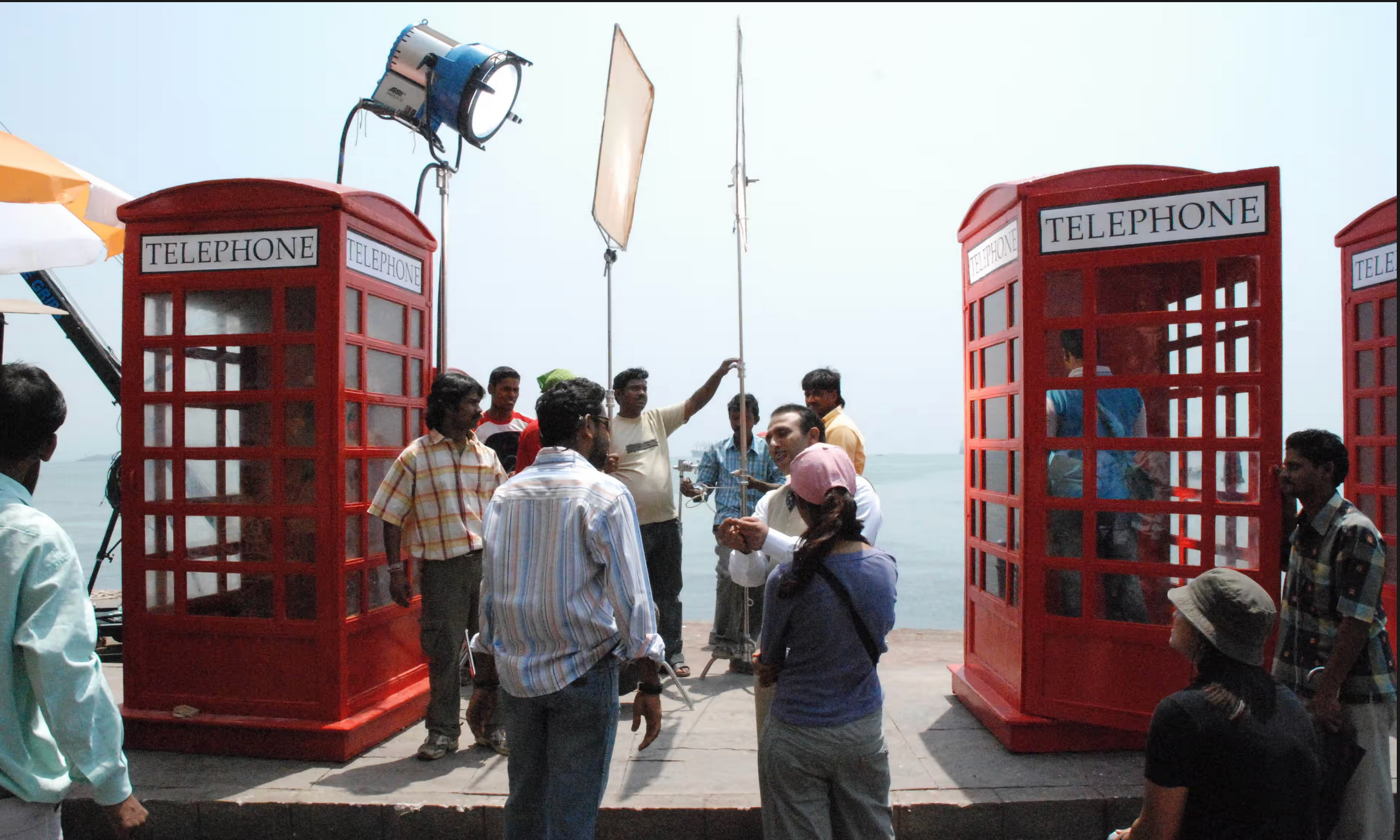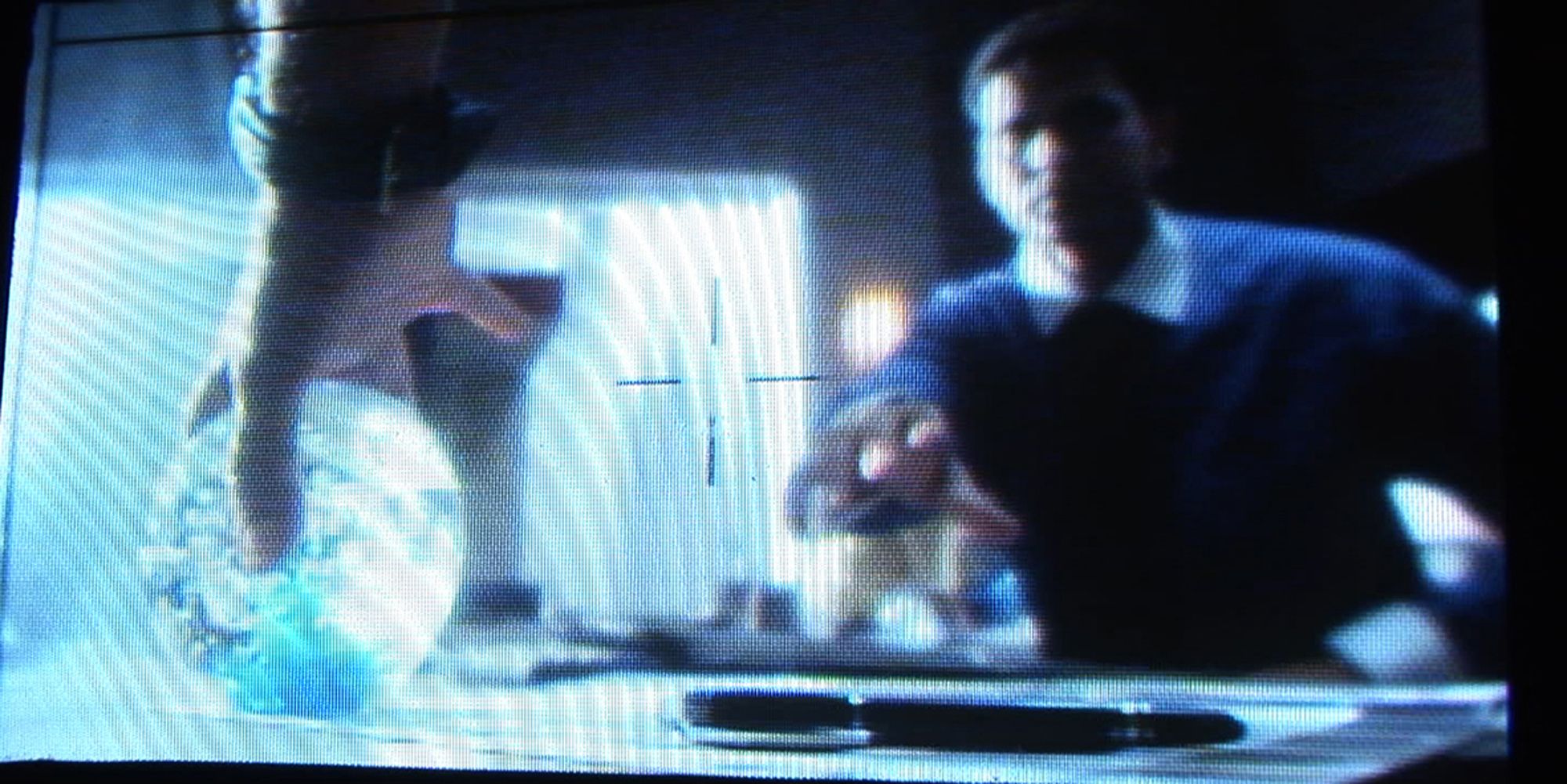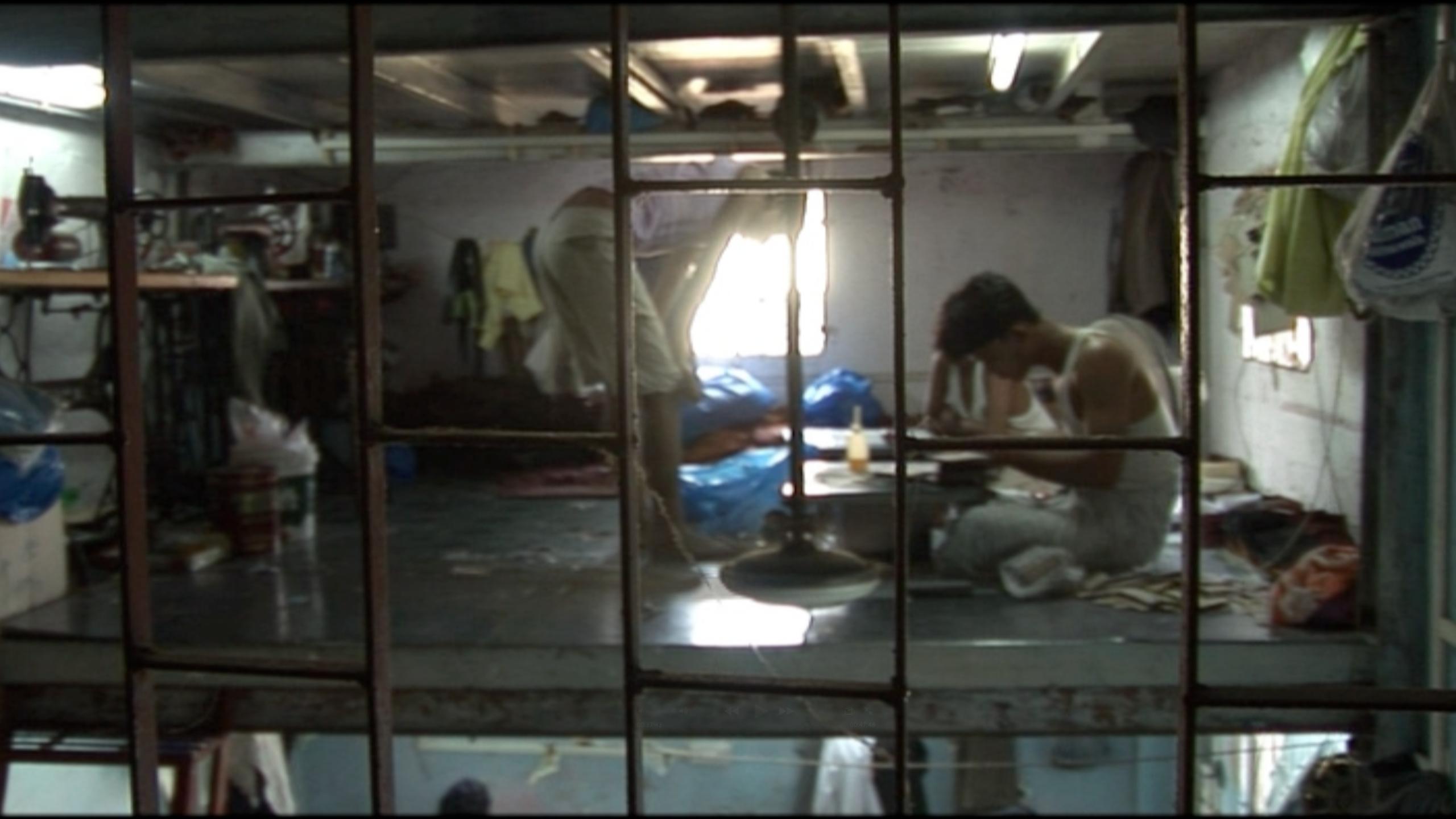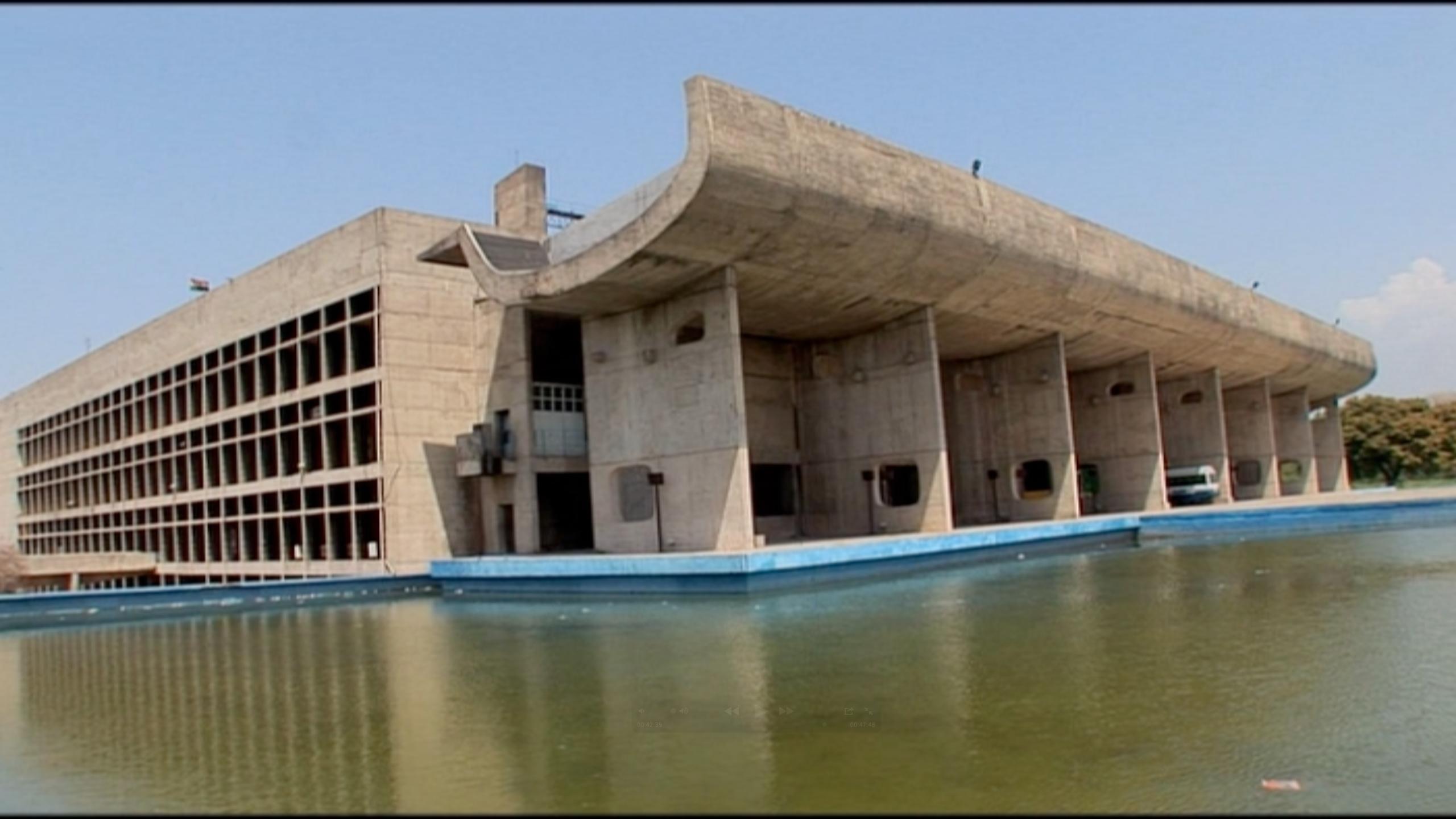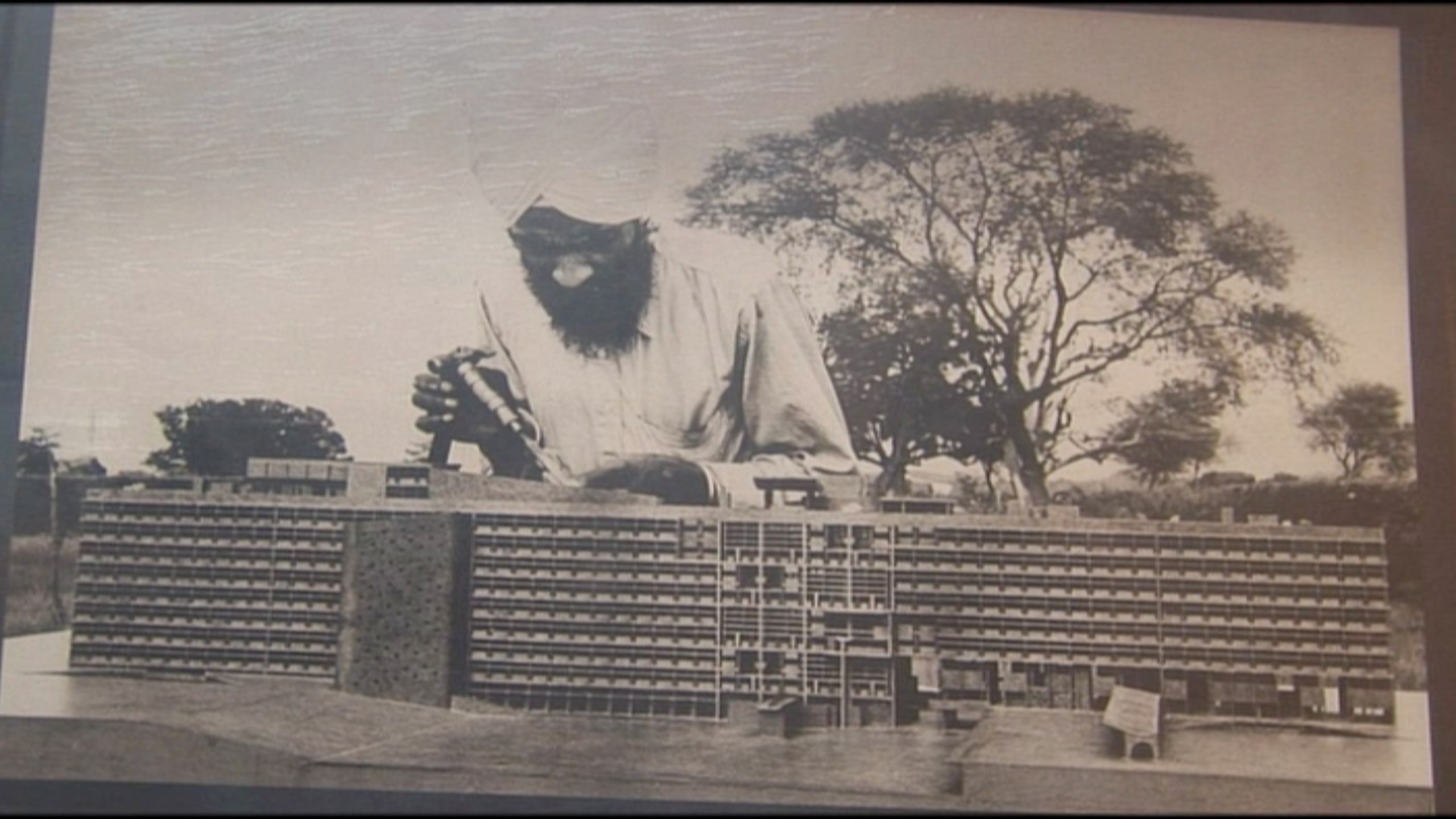Otolith II - Our descendent offworld, from the astromarine environment of weightlessness turns her meditations to the hypercompression of Bombay's Dharavari. There she sees material conditions as architectures of gravitational intensity, where urban pressure produced by overcrowding weigh heavily on the surface of the earth.
In her search through images, she produces memories; She turns to the letters and the diaries of her ancestor and learns of a different experiment in density, that of the midcentury utopian planning of Chandigarh in Punjab.
The film does not attempt to tell the predictable tale of modernity's progressive breakdown; rather, current-day India prefigures both a coming planetary impoverishment as well as a model of creative survival within informal architectures and adaptive urban living, both futures which currently take cover under the penumbra of financial speculation.
Echoes of Anand Patwardhan's Bombay Our City (1985) link generations of unwavering labor, while the automotive ruminations of Black Audio Film Collective's Twilight City (1989) map a nighttime of steel and sparks, bordered by a landscape of dreams, sequenced by electronic pulses; buildings dreaming of what they could be. Neither lament nor valorization, Otolith II instead opts to survey and resurrect the transtemporal fragments of Indian Modernism via a future – invocative alliances between socialist feminism, Nehruvian secular projects and transnational solidarity; a delegation which draws together not the failures of the past but a zodiac of the possible.
48.42 mins, Colour, Sound, Stereo
